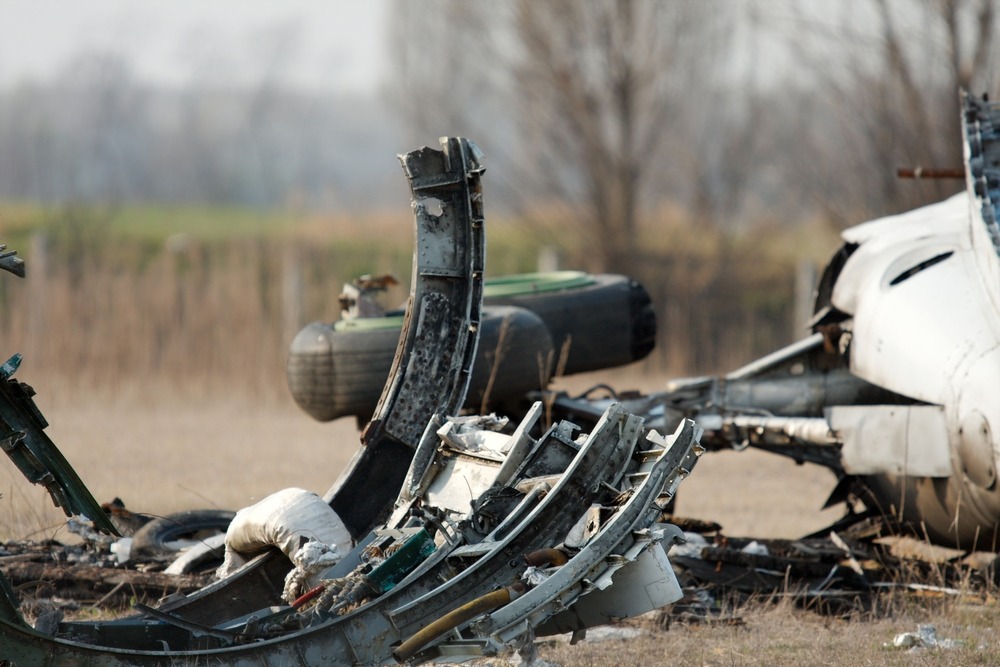
Following a string of small aircraft crashes throughout the country, U.S. Sen. Richard Blumenthal (D-CT) recently sent a public letter to Federal Aviation Administration (FAA) Administrator Michael P. Huerta calling for stronger safety measures in order to prevent future accidents.
“Since January 1, 2017, there have been eight accidents and six fatalities in my state,” Blumenthal wrote. “We are only eight months into the year, but that is already as many crashes as Connecticut endured in all of 2016 and more deaths than any year since 2005, according to statistics from the National Transportation Safety Board (NTSB). If this trend continues, 2017 could end up being the state’s deadliest year in decades.”
Pointing to airline training, Blumenthal noted that commercial airline pilots are required to undergo as many as 1,500 hours of in-flight experience before receiving while general aviation pilots only need as few as 40 hours to receive credentials as a private pilot.
According to the NTSB, approximately half of the crashes in general aviation are due to pilots losing control of their aircraft and has deemed loss of control the “biggest killer in general aviation.” Due to those facts, Blumenthal asked Huerta if the current level of training was sufficient to ensure private and recreational pilots can fly safely and properly.
“In 2016, Congress made major changes to the requirements governing medical screening for the country’s estimated 200,000 private pilots,” Blumenthal wrote. “The new framework has now been implemented by the FAA, and it allows private pilots to undergo less rigorous, less frequent screening than in years past.”
Blumenthal subsequently mentioned that the change was opposed by a number of medical groups and that the NTSB stressed the need for strong medical vetting. The senator then asked what impact the new framework had on general aviation safety and if the FAA anticipated more crashes because of it.
The senator also questioned what steps the FAA was taking to ensure that pilots are confirming their planes were airworthy before flight, what steps the administrator was taking to implement NTSB safety recommendations, and if Huerta believed that states and local governments have enough resources to address the costs brought by crashes in their communities.
Huerta has yet to formally respond to Blumenthal’s letter.